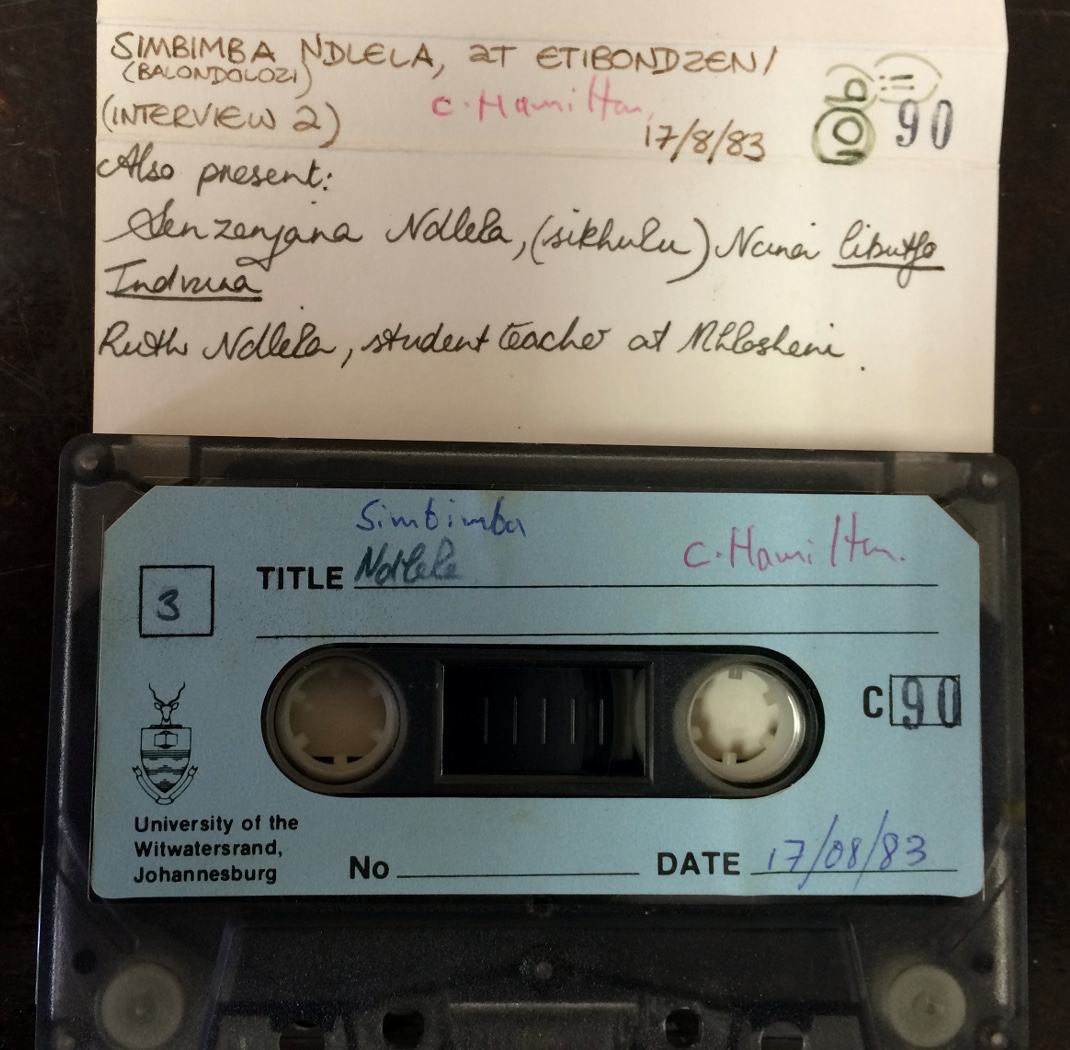Accessing our past: UCT eResearch and the Five Hundred Year Archive
The Five Hundred Year Archive project, led by DST/NRF SARChI Chair in Archive and Public Culture, Professor Carolyn Hamilton, seeks to stimulate research into the neglected eras of the southern African past before the advent of European colonialism.

Research in this area is hampered by the absence of archival material.
Researchers can make use of non-textual materials, yet much of this material concerning the remote southern African past is misidentified, often undated, lost, or dispersed in institutions across the world. This is a challenge that the Five Hundred Year Archive (FHYA) project aims to address in order to stimulate and facilitate further interest, research and enquiries into the southern African past.
One of the outputs of the project is a digital archival exemplar capable of virtually convening visual, textual and sonic materials, located across the world, relevant to the last 500 years of the southern African past. As an exemplar it is not an archive that will exist in perpetuity in its own right, but rather a sample or prototype designed to show what is possible.
UCT eResearch has been working with the FHYA project team to develop the exemplar.
“We faced a number of technical difficulties; and it was here that the assistance of eResearch was invaluable,” says Dr Grant McNulty, postdoctoral fellow of the Archive and Public Culture Research Initiative, through which the FHYA project is managed.
One concern, for instance, was the multi-institutional nature of the FHYA project: the group at UCT partnered with a number of South African institutions, including the KwaZulu-Natal Museum, Historical Papers at the University of the Witwatersrands, and the Campbell Collections of the University of KwaZulu-Natal, as well as a number of international institutions including the University of Cambridge.
“In order to correctly represent our partner institutions and their collections and contributions on the FHYA website and portal, we could not have a domain name ending in .uct.ac.za,” explains McNulty. “But we needed the website to be hosted cost-effectively and securely within UCT.”
One challenge was the configuration of the unique archival software required to work across the multiple media formats. The FHYA seeks to take a wide range of material and bring it into a single searchable framework to allow researchers and the general public easy access to the materials. In order to do this, the FHYA project identified unique archival software called AtoM (Access to Memory), as the best software solution. AtoM, built with support from the International Council on Archives, is open-source software, which means not only that it is free, but also that the users are able to modify it according to their specific needs.
“eResearch was able to host the website for a minimal cost, install and configure the AtoM software, and also help us with a number of other technical issues such as centralised data storage to back up important project materials and setting up a file transfer protocol to make data sharing easier among the partners,” says McNulty. “Our project now has in-house support in terms of software, digital storage and website hosting and security.”
Image courtesy of Five Hundred Year Archive
